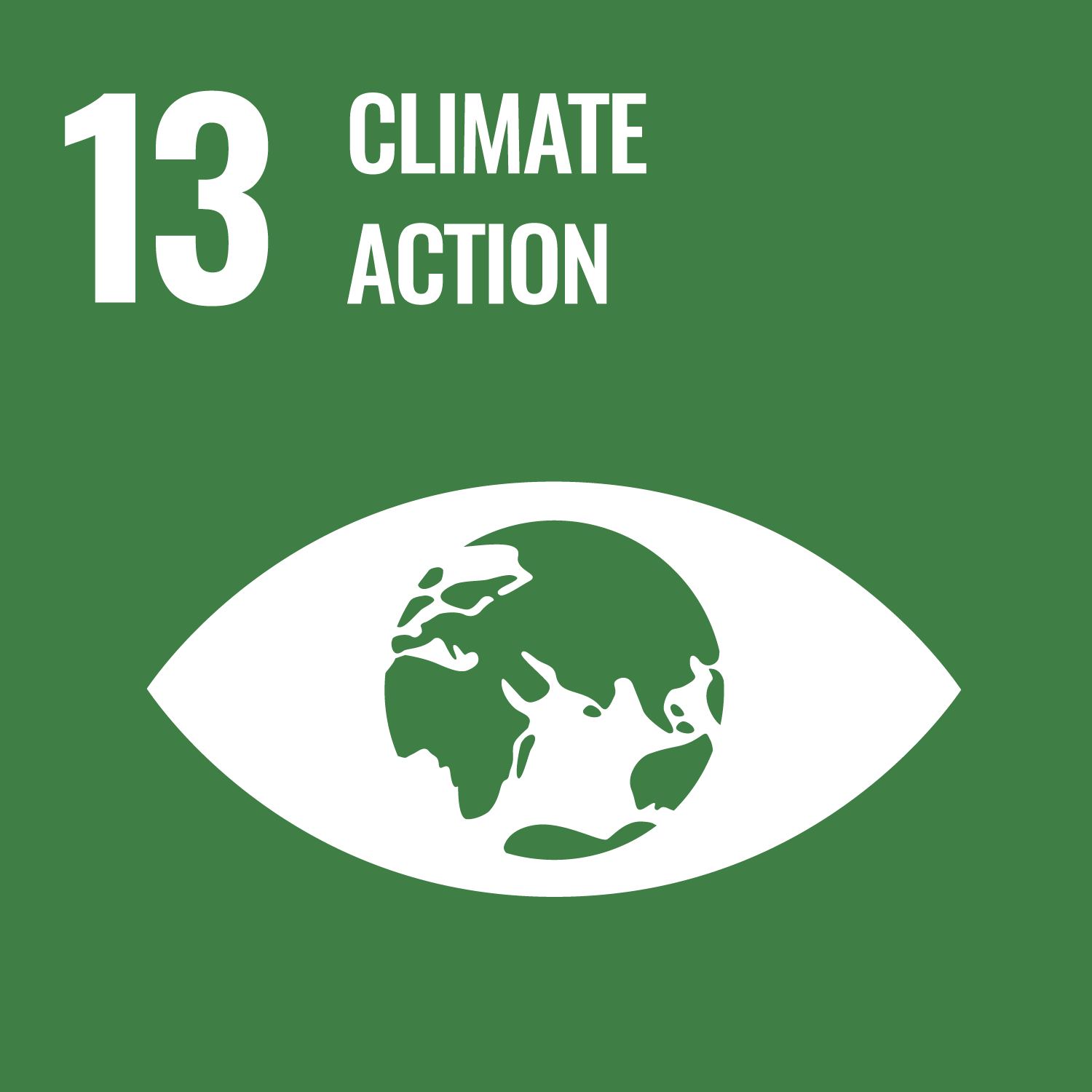ORCID
- Ian Bailey: 0000-0002-6865-8306
Abstract
Discursive choices made by policy entrepreneurs are an important factor in the development of climate change acts (CCAs). This article examines the extent to which such choices reflect the strategic need for CCA entrepreneurs to compromise pragmatically and modulate their policy preferences in order to secure the agreement needed for CCA adoption. Drawing upon theoretical insights from discursive institutionalism (DI) and policy entrepreneurship, this article analyses discursive choices during negotiations surrounding the New Zealand Zero Carbon Act (ZCA). The analysis shows that endogenous political-ideological constraints compelled entrepreneurial actors to modify first-choice preferences for emissions reduction legislation by reframing their coordinative discursive interventions to accommodate potentially oppositional groups. Further research is required into the conditions under which such strategies become discursively operational, to provide guidance to climate policy entrepreneurs as CCAs continue to diffuse globally.
DOI Link
Publication Date
2021-01-15
Publication Title
Climate Policy
ISSN
1469-3062
Acceptance Date
2020-12-21
Deposit Date
2021-07-01
Embargo Period
2021-01-19
Keywords
Climate change acts, discursive institutionalism, discursive strategy, New Zealand, policy entrepreneurs
Recommended Citation
Bailey, I., Fitch-Roy, O., Jackson, I., & Benson, D. (2021) 'Idealism, pragmatism, and the power of compromise in the negotiation of New Zealand's Zero Carbon Act', Climate Policy, . Available at: 10.1080/14693062.2020.1868393


